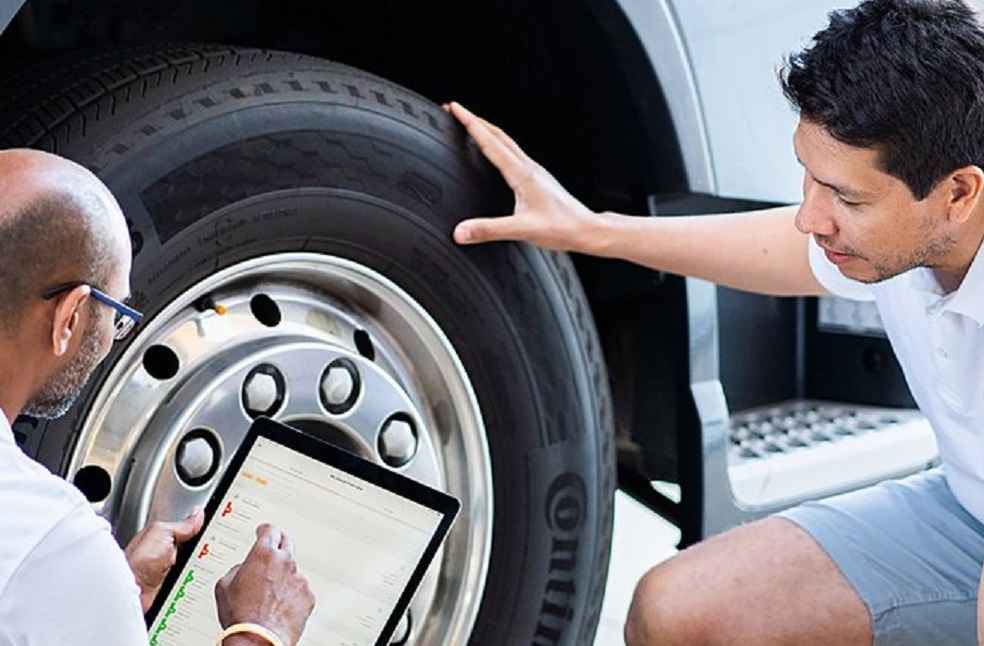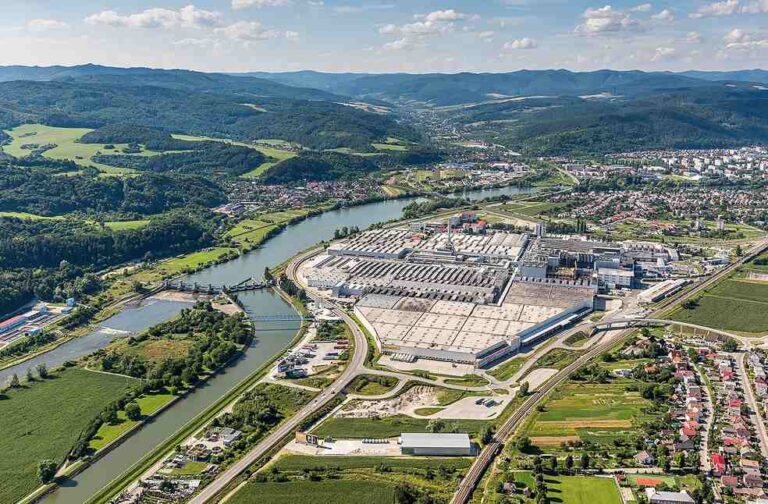The Continental plant in Púchov, Slovakia, now stands as the company’s first truck tire facility to receive the prestigious International Sustainability and Carbon Certification (ISCC) PLUS sustainability certification. This globally recognized certification attests to the transparency and traceability of raw materials used in production, marking a pivotal step in Continental’s pursuit of sustainable manufacturing.
Anton Vatala, Head of the Continental truck tire plant in Púchov, highlighted the relevance of this achievement: “Our plant in Púchov is the first Continental truck tire plant to receive the ISCC PLUS certification. It is a sign of our commitment to both quality and sustainability.”
ISCC PLUS certification demands strict adherence to specific raw material mass balancing procedures. The mass-balance approach mixes fossil, renewable, and recycled raw materials within existing systems, tracking quantities across the entire value chain for proportional allocation. This method allows Continental to progressively increase the sustainable materials in its products, ensuring precise reporting of certified materials.

Jorge Almeida, Head of Sustainability at Continental Tires, emphasized the broader implications: “Certifying our production processes underpins our extensive efforts in the area of sustainability. With ISCC PLUS, we can tackle the transition to a circular economy and a sustainable bio-economy. Our aim is to gradually roll out the mass balance approach to all our tire plants worldwide. Púchov is our first truck tire plant to be certified for this purpose.”
ISCC PLUS, a voluntary certification system, applies to the bio-economy and circular economy, certifying non-conventional raw materials for several industries, including foodstuffs, animal feed, chemicals, plastics, packaging, and textiles. Certification criteria encompass raw material traceability, environmental standards compliance, ecosystem protection, labor and human rights adherence, and promotion of sustainable economic development.
Continental’s UltraContact NXT, the most sustainable serial tire from the company, utilizes mass-balance-certified materials. This includes synthetic rubber from bio-based and bio-circular raw materials and carbon black produced using oil from circular processes, manufactured at the tire plant in Lousado.

Continental intensifies efforts to switch raw materials to sustainable alternatives. Future tire production may involve agricultural waste like rice husk ash, rubber from dandelions, recycled rubber, or PET bottles.
Certification of the Continental plants in Púchov, Hefei, and Lousado represents a critical step toward using over 40 percent renewable and recycled materials in tires by 2030 and achieving complete climate neutrality by 2050. By 2050, all new tires from Continental are intended to be made entirely from sustainable materials.
The Púchov plant, part of Continental Tires Slovakia, boasts a rich history in the rubber industry, dating back to 1950. It employs over 5,000 people and produces tires for passenger cars, light trucks, and trucks. The facility also includes a technology center for global tire research and development and the consolidated unit of ContiTech.
EV WORLD | Mahle Aftermarket Launches Innovative BatteryPRO for EV Diagnostics





